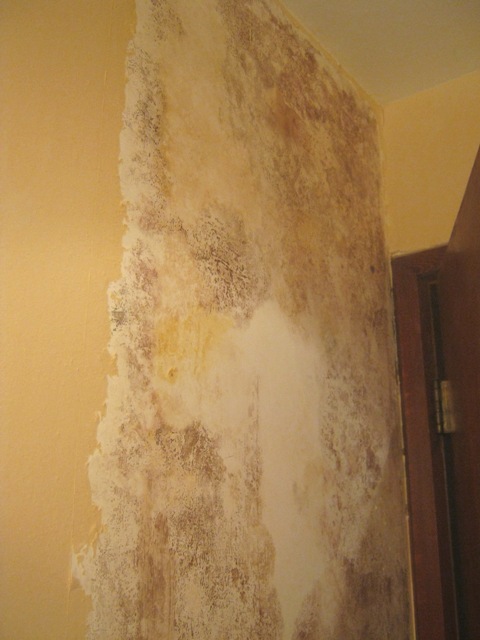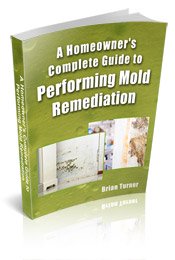Find a Mold Specialist Now
Click or Call, Toll-Free 24/7
Deadly Mold
Finding deadly mold in your house can be a frightening experience, especially since there are several types of toxic mold related illness that are related to continued exposure to toxic mold. While black mold is the toxic mold that you most often hear about, there are many other molds that are just as dangerous. If you suspect that there is toxic mold within your home, it is important to take immediate action in order to prevent health problems that may occur as a result of the exposure.
Where Mold Grows
Toxic mold thrives in wet, damp environments and it commonly grows within specific areas in the home. Some of the rooms that are often affected include the bathrooms, kitchen, attic and basement. Mold thrives in damp areas, so it is more common in humid climates. But mold grows in all parts of the world, especially if an area become damp or wet due to a flood, pipe leak, or any other water problem.
Sometimes, the mold may even start to grow within a home around a fish tank or water bed. This mold growth often goes undetected, and toxic mold related illness may begin to set in without the home owner realizing that there is a problem.
Symptoms of Toxic Mold Related Illness
Usually the health symptoms of deadly mold begin very mildly, and the person will often think that they have a head cold or the flu. But, over time the symptoms may persist or even get worse, indicating that another problem may be present. In fact, continued illness for several weeks or months may be a good reason to have your home tested for mold spores.
The beginning signs of toxic mold related illness are usually respiratory system related, including any of the following symptoms:
- Stuffy or runny nose
- Constant sinus infections
- Breathing problems or wheezing
- Asthma
As the symptoms progress, the person may start to experience other symptoms including:

- Headaches
- Dizziness or fatigue
- Red, itchy or watery eye
- Autoimmune diseases (such as chronic fatigue or lupus)
- Fertility problems
- Depression
- Cancer
Keep in mind that these symptoms vary from one person to the next, so you may only experience a few of the symptoms that are listed above. If you have any of these symptoms and you suspect that there is mold growth within your home, it is best to consult with a doctor as well as a mold specialist to get rid of the problem.
Getting Rid of the Symptoms
When these health problems begin, they will continue to be apparent until the deadly mold is completely removed from your home. Any continued level of mold exposure may cause the symptoms to occur, and medical treatments will not be able to solve your health problems completely as long as the exposure is occurring.
Don’t make the mistake of seeking medical treatment without getting rid of the mold in your home, because treating the symptoms with medical solutions will only give you temporary relief… it will not solve the root of the problem.
In fact, many people find that they experience better overall health after the deadly mold has been cleaned up. This cleanup process must be thorough, to guarantee that all of the mold spores have been removed.
Don’t let the symptoms of toxic mold related illness plague your life, because you won’t be able to find relief until the problem has been cleaned up. Working with a mold specialist will help you to identify the areas that have been affected by the mold, and also give you certainty that the mold cleanup process was effective in getting rid of all the mold in your home.
Don't Risk the Health of Your Family, Setup a Free Consultation with a Specialist
The best thing that you can do for the safety of yourself and your family is simple: setup a free consultation with a mold specialist in your area. These specialists are trained in the specific processes that need to be followed in order to safely clean up mold without causing additional exposure.
Click on this link to schedule a free mold removal consultation, and you can expect that it will consist of several steps:
- The specialist will evaluate your home to see how severe the problems are.
- They will then talk with you about the situation, and help you understand how the cleanup process should be handled.
- You will also be provided with a detailed treatment outline, which will help you decide if it would be better to hire a professional or do the cleanup yourself.
Return From Deadly Mold To Our Types Of Mold Page
Black Mold Health Symptoms Home Page






